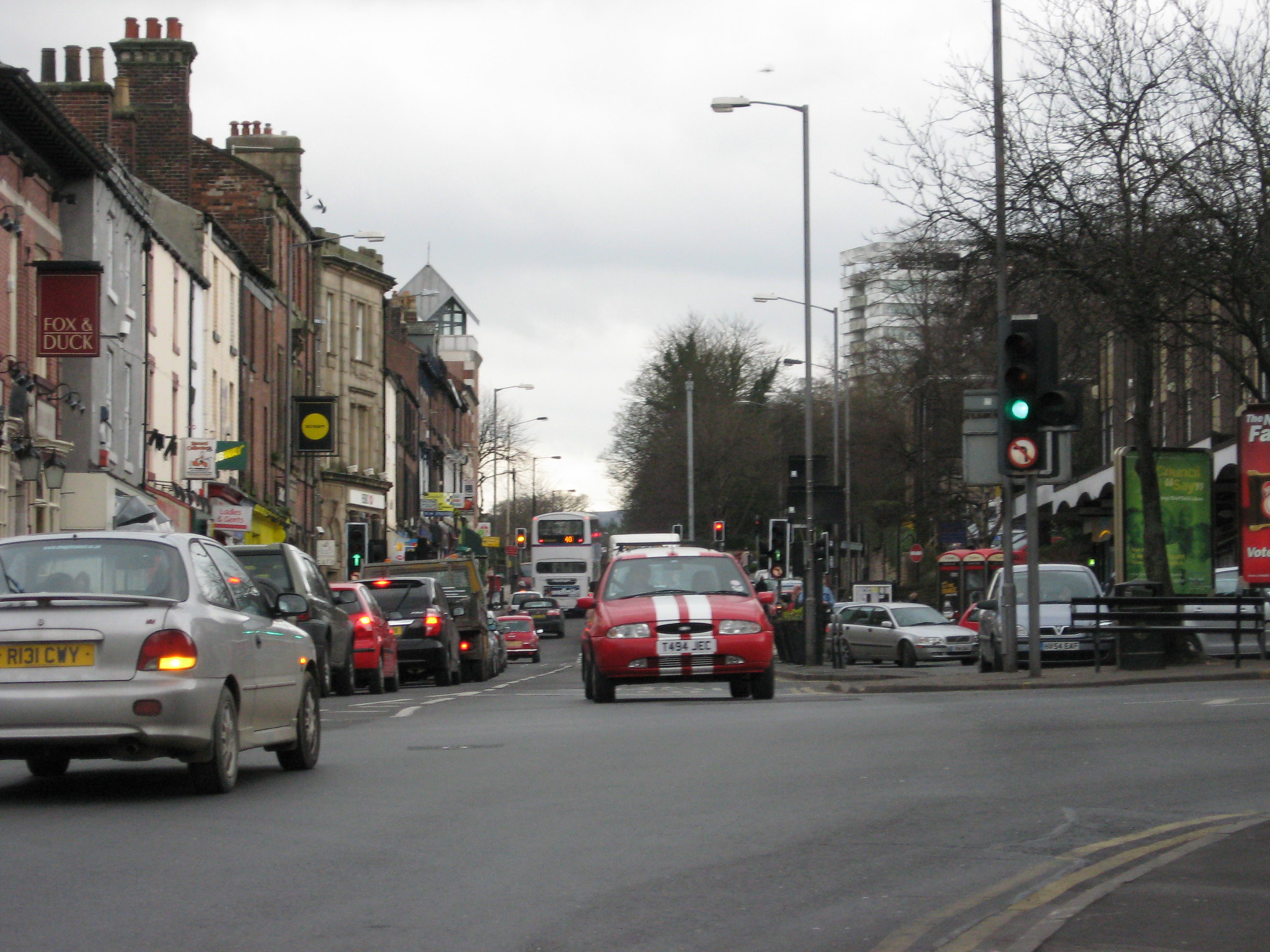How's this for poetic justice: People who drive end up being exposed to more pollution from their cars than people who ride bikes or walk, a new report found.
To conduct its experiment, the BBC asked families to drive, walk, and ride bikes along the same route to school in the northern England city of Sheffield — and then monitored the level of atmospheric toxins around them.
How much does air #pollution affect a family on the school run? pic.twitter.com/m9QpiUqH0Z
— BBC Breakfast (@BBCBreakfast) October 8, 2019
It turns out that drivers inhaled the highest levels of PM2, a tiny particle — 44 percent higher than the World Health Organization set as a baseline. Meanwhile, pedestrians consumed PM2 at 40.1 percent above The Who limit, and cyclists were 28.1 percent over the limit.
"I'm quite surprised by the result actually," one Sheffield mother quipped. "I thought in the car you'd have a bit more protection from the pollution."
In fact, air that enters through a car's front grille includes regular air, plus the exhaust fumes of the vehicles in front. The result is a toxic greenhouse for you and your family.
Other studies, including one at Leeds University on ambient air quality last year, confirmed the results that cyclists have far less exposure to air pollution than drivers while traveling through traffic.
“On more congested routes, the cyclist would come out with the lowest inhaled dose. Cycle lanes mean you can skip past traffic,” University of Leeds Institute for Transport Studies professor James Tate told The Guardian. Tate, who wrote the study, noted that bike lanes separated from traffic by several feet would cut particle exposure by a quarter more.
Some transportation experts even compared the dangers of driving with that of second-hand smoking when it comes to children's health.
“Children sitting in the backseat of vehicles are likely to be exposed to dangerous levels [of air pollution],” former UK Government Chief Scientific Adviser Sir David King told The Guardian. “You may be driving a cleaner vehicle, but your children are sitting in a box collecting toxic gases from all the vehicles around you.”
Research has shown that consistent exposure to air pollution can stunt the growth of children's lungs and can lead to asthma and other respiratory ailments, as well as reduce their ability to learn, concentrate, and pay attention. Worse, a California study found that prolonged exposure to hydrocarbons in the air can shorten children's DNA and affect their immune system. Hydrocarbons are formed from the burning of oil and gas.
King has warned drivers to "leave our cars behind" in order to protect the health of their children.
“It’s been shown that the health benefits of walking and cycling far outweigh the costs of breathing in pollution," King said. "If more drivers knew the damage they could be doing to their children, they’d think twice about getting in the car.”






